You have probably heard the beautiful line – “We are most alive when we’re in love” but what have you heard about appreciation and gratitude? At the beginning of a relationship, they usually come naturally and make us feel on cloud nine. Giving and receiving appreciation and showing gratitude is part of how we fall in love but as we settle into a routine, we also start to take it all for granted. That’s where a relationship can start to fall apart.
Appreciation and gratitude help us flourish
Going into couples’ therapy isn’t just about fixing something that is broken. It also is about nurturing and sustaining a healthy connection.
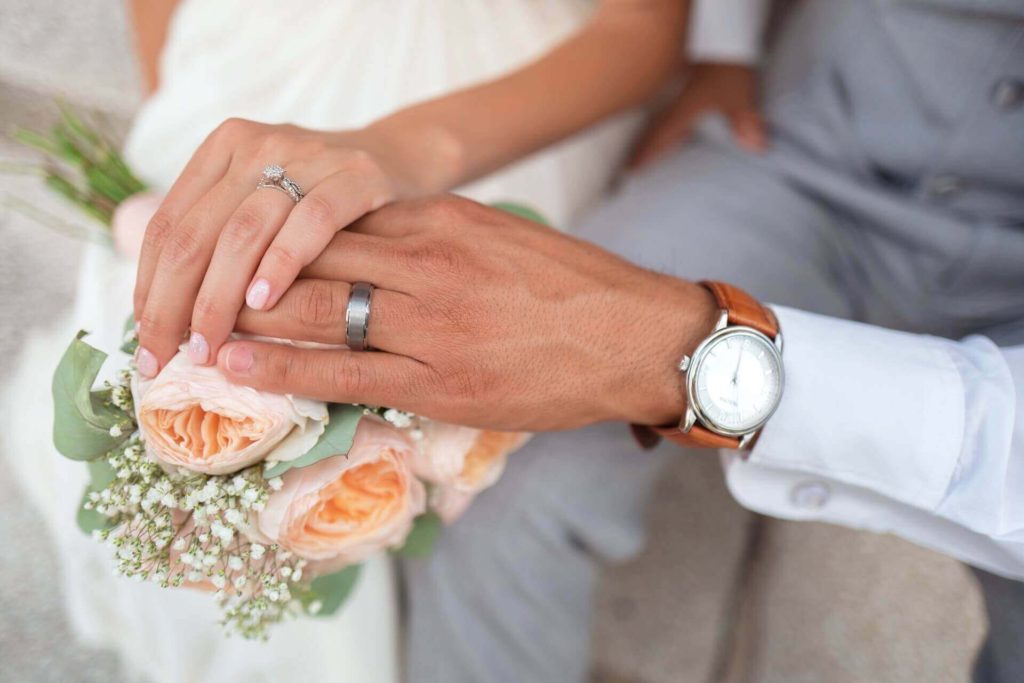
The same “rule” applies to relationships. Showing gratitude and appreciation shouldn’t be just a “temporary situation”, just because your therapist advised you to do it more often to fix your relationship. It shouldn’t be just the kickstarter of a relationship. It should become “common practice” because that’s the only way it could amplify the well-being of your connection with your partner in the long term.
We tend to only show how much we appreciate our loved ones at the beginning of our relationships and then we sort of forget or think that was enough. Numerous studies show otherwise.
Gratitude can be a social cue, a token of our willingness to be fair partners, both givers, and receivers in the art of appreciation. Not just in romantic relationships but also in our social connections, showing gratitude is a positive, encouraging behaviour.
We feel grateful when we have benefited from someone’s effort on our behalf. We can also feel motivated to repay that generosity and even extend it to third parties. Gratitude can also turn into a sort of “reciprocal altruism”, with a “pay-it-forward style distribution of an unearned benefit to a third party” as shown in a psychological study on “The Social Cases, Social Effects, and Social Evolution of Gratitude”.
The bottom line here is that gratitude might have played a unique role in our social evolution, and that is a very important thing to keep in mind.
In romantic relationships, studies show that expressing gratitude promotes relationship formation and good maintenance in time.
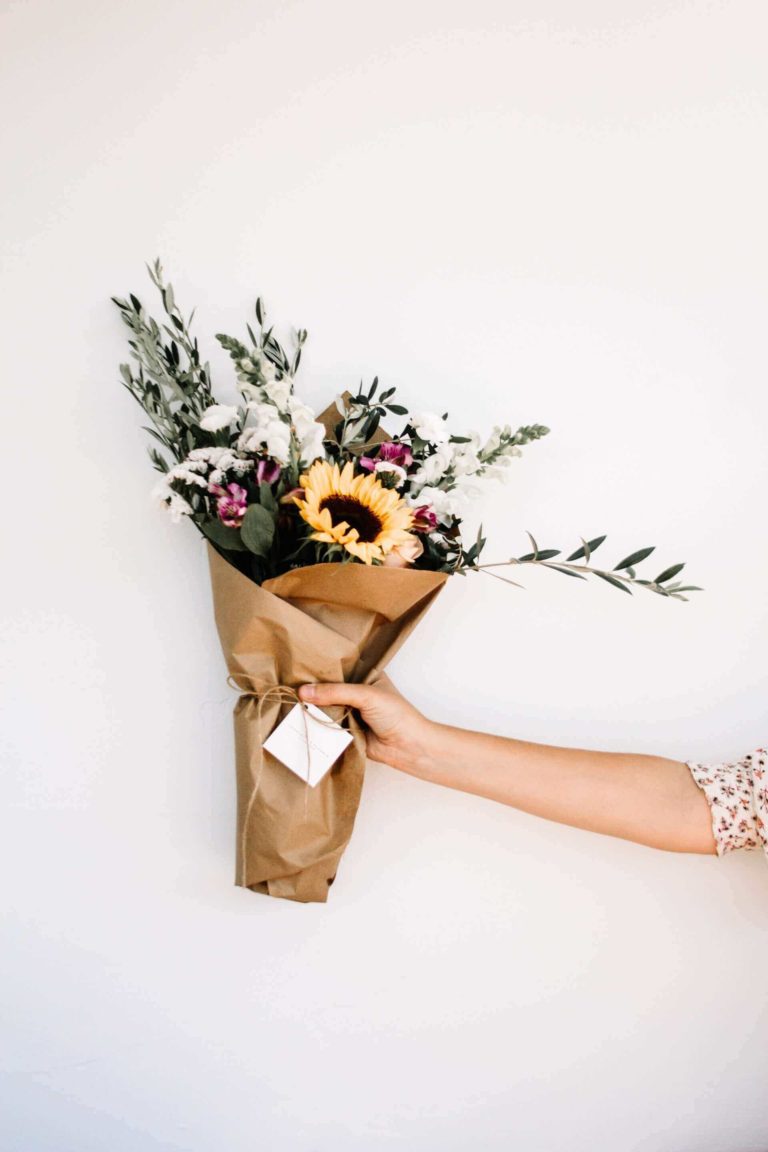
Focusing on a gratitude attitude benefits both our hearts and minds, and it can also boost physical energy and vitality. So, how do we go about it?
“They know I love them, I’m sure”. Do they?
Yes, appreciation and gratitude are good for you. Studies have shown that they have many psychological and social benefits. Moreover, in a romantic relationship, showing appreciation will only strengthen your connection.
Showing appreciation is almost the same as showing your feelings to your significant other. It’s about reassuring them of your affection and commitment to the relationship. After a while, we tend to take things for granted, and that is a mistake.
Love is not an entirely self-sustained feeling. You need to feed it, renew it. It transforms, changes with your relationship and you need to nurture it. After those initial butterflies in the stomach are gone, love becomes a garden that needs tending.
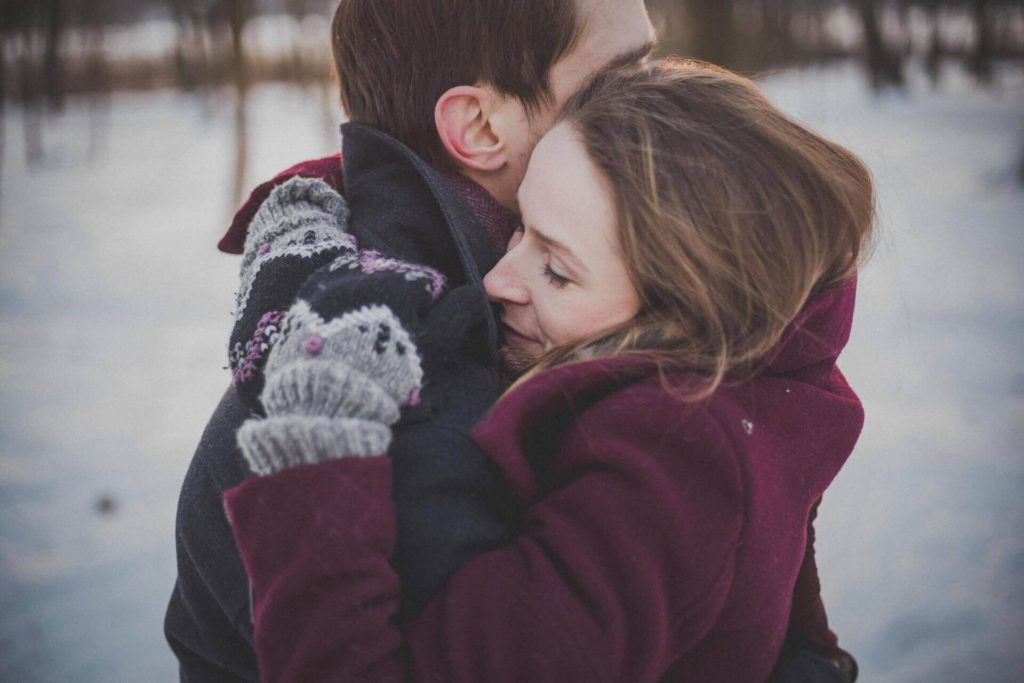
If things seem to fall apart in a relationship after a few years, it isn’t just because it “was not meant to be”, or because you “just cannot get on anymore”. It might very well be because you didn’t take care of that lovely garden called love.
We live fast-forward lives and everything that is going around us is moving so rapidly that you might lose yourselves in the whirlwind of everyday, mundane life. You might think she or he knows I love her/him. Do they?
How to practice appreciation and gratitude every day
As we have discussed in previous articles, we speak different languages of appreciation. Some of us need words of affirmation, they need to be told they are appreciated. Some of us like acts of service, they need actions of affirmation.
Others just love to receive small gifts as an indication of being appreciated. For other people, the right appreciation language is spending quality time with the loved one. A fifth appreciation language is a physical touch. For some people, receiving a fist bump, or a pat on the shoulder or any sort of delicate touch is how they want to be appreciated.
Now, people don’t walk around with a tag on their forehead saying which kind of appreciation language they speak. Unfortunately, most of us don’t even know for sure. So, it will take some time, some trial and error to get things right. It takes work and both of you need to be willing to do it.
- Start by being active in affirming your loved ones
Active appreciation is the first step. Small, day-to-day gestures, words, or actions are how you can understand what works for each other in terms of appreciation and gratitude.
- Start to be more aware of the positive things in your relationship
The good small deeds usually go unnoticed buried under the thousands of other tasks for the day. Well, they’re just as important. Being grateful to your partner for making the bed in the morning, getting your coffee or breakfast ready is a small thing, but it does make such a big difference in the long run.
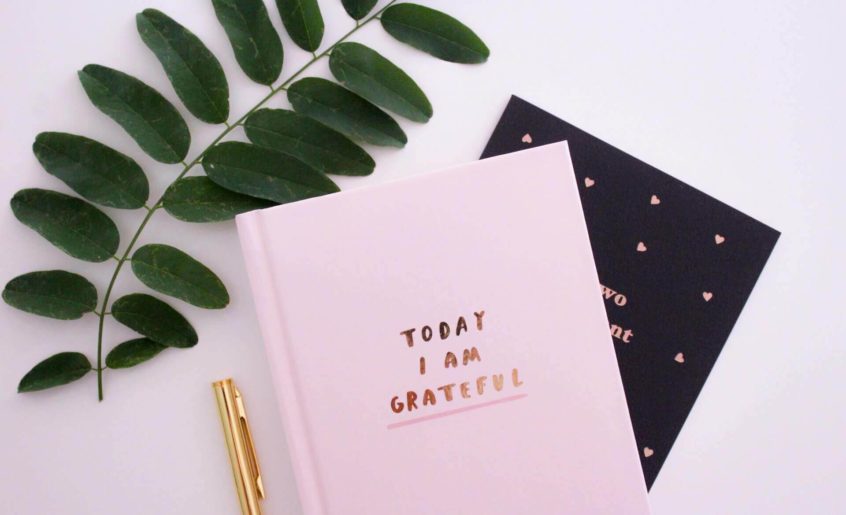
Gratitude allows us to be more present in our relationship; it stops us from taking things for granted, and thus those small things become even more enjoyable.
- End each day by highlighting particular small deeds that evoked your gratitude
You can end each day by spending time with each other and telling each other what you most appreciated during that day. We know it sounds strange, like “homework”, but if you start doing it long enough, it will become natural and normal and extremely healthy.
If you need help with communication and dialogue in your relationship, you will find more details here, or you can book a free 15-minute online meeting with us to see how we can help.
- Recognise the effort and not the “perfection”
If your partner helped you with a task but didn’t do it to perfection like you would have done it, appreciate the effort rather than criticise it according to your arbitrary standard of perfection.
When these perfection standards get in the way of expressing appreciation and gratitude, then you should raise a red flag, stop and have a serious dialogue about it.
We all have subjective standards of perfection. We all have our own small obsessions, where we are inclined to express more criticism over a small matter, rather than appreciation for the overall effort. There is a fine line here. There should also be a particular standard that both of you should meet regarding your daily tasks. This equilibrium can only be achieved through dialogue.
There is an interior and exterior kind of gratitude
The social scientist Arthur C. Brooks has a column in the New York Times called Choose to Be Grateful. It will make you Happier, where he discusses gratitude and why it can be difficult at times, especially when life itself presents you with numerous tough challenges.
Sometimes we can fall prey to our feelings, circumstances, life in general. There comes a time when showing gratitude is an effort, but it needs to be an active effort and it needs to be done.
Gratitude should become a routine, and it should start with yourself as a person in order to extend it to your partner and relationship. It might help to keep a journal where you write all the things you’re grateful for every day.
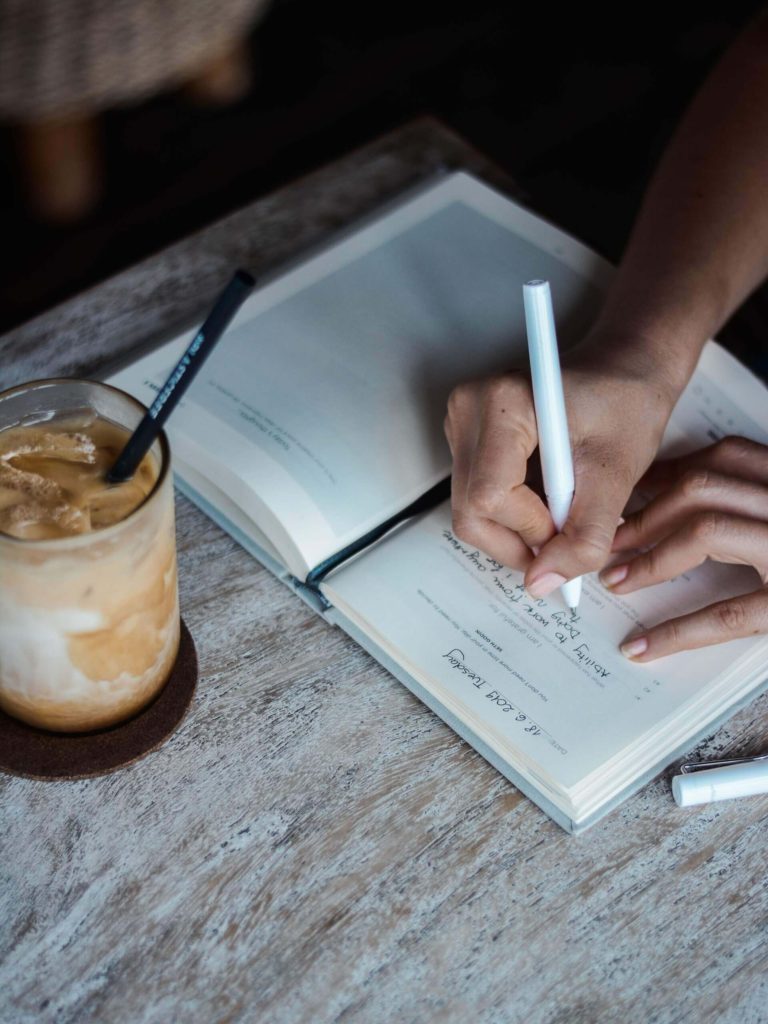
Giving thanks for the little trifles that make you laugh can lead to happiness. This is the kind of interior gratitude that you need to nurture to be at peace with yourself. It will then make it easier to exteriorize your gratitude to other people, and in your relationship.
It takes practice, yes, like anything good in life. It takes work but you can get there. If you seek help, we are here!
Image sources: Unsplash

